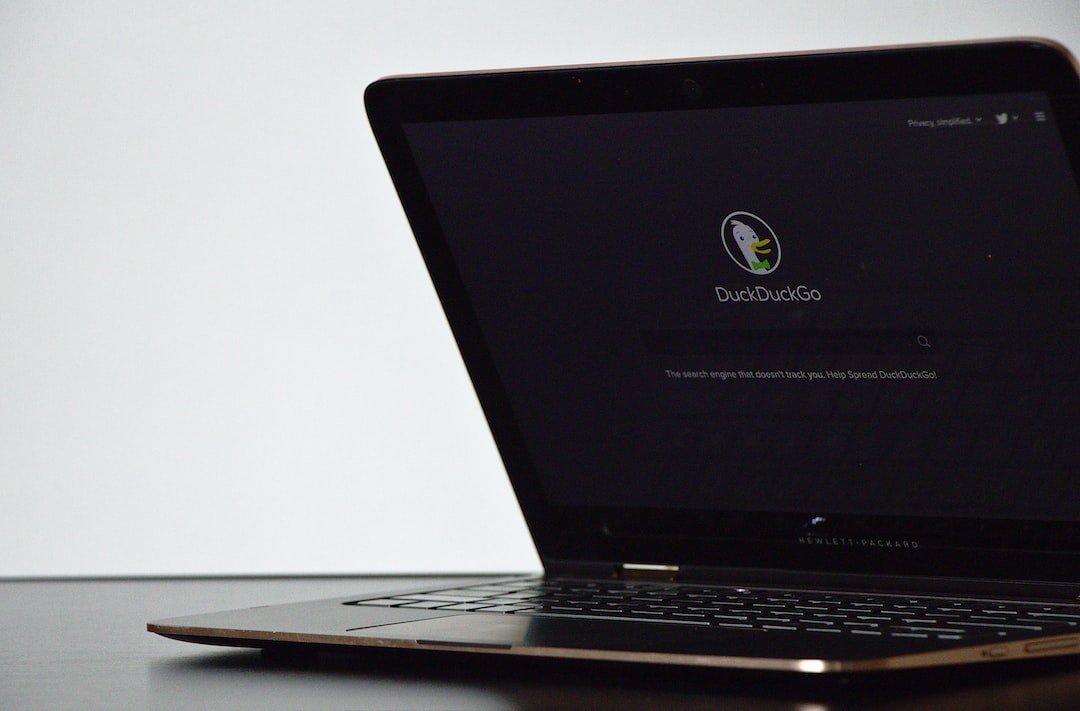Home Cybersecurity Privacy in the Workplace Privacy Tools and Resources Privacy News and Updates
Understanding Privacy Audits and Compliance: A Comprehensive Guide
Category : Privacy in the Workplace | Sub Category : Privacy Audits and Compliance Posted on 2023-07-07 21:24:53

Understanding Privacy Audits and Compliance: A Comprehensive Guide
Introduction:
Organizations must prioritize the protection of sensitive information in an era where data breeches and privacy concerns are the main topics. Privacy audits and compliance measures are important in ensuring that personal data is handled securely and in accordance with legal regulations. In this post, we will explore the importance of privacy audits and compliance, as well as the best practices.
1 What is a privacy audit?
A privacy audit is a systematic evaluation of an organization's data management processes, policies, and procedures to ensure compliance with applicable privacy laws and regulations. It involves assessing how the organization collects, uses, stores, and shares personal data.
2 Privacy audits are necessary.
Privacy audits give organizations the chance to fix any gaps or weaknesses in their data protection practices. Privacy audits are essential.
Privacy audits help organizations comply with laws and regulations, such as the European Union's General Data Protection Regulation (GDPR) or the California Consumer Privacy Act. Failure to comply can result in severe penalties.
Risk management is the process of identifying potential risks and vulnerabilities in data management processes.
Customer trust can be enhanced by demonstrating a commitment to protecting personal data through regular privacy audits.
3 A privacy audit has some key elements.
Privacy audits typically include essential components.
A data mapping is the collection, processing, and storage of personal data.
Updating the organization's privacy policies and procedures to align with regulatory requirements is a review of Privacy Policies and Procedures.
Assessing how the organization obtains and manages user consent for data collection and processing activities is a part of consent management.
Data security is evaluated to see if the organization's security measures protect personal data against unauthorized access, disclosure, or loss.
Data retention practices are examined to ensure compliance with legal requirements and the organization's own data retention policies.
Privacy controls and practices of third-party vendors that handle personal data for the organization are assessed.
4 Privacy audits have best practices.
Organizations should consider the following best practices when conducting privacy audits.
A privacy management framework outlines roles, responsibilities, and processes for privacy compliance.
Privacy policies and notices should be reviewed and updated frequently to reflect changes in business operations.
Employees should be trained to be aware of privacy policies and data protection procedures.
Comply with robust data security measures, including encryption, strong access controls, and regular vulnerability assessments.
Periodically test incident response plans to ensure readiness for security incidents.
Monitoring and auditing systems to detect vulnerabilities and non-compliance is a must.
Conclusion
Privacy audits and compliance are the cornerstone of responsible data management. By conducting thorough audits and implementing robust privacy practices, organizations can ensure they are effectively protecting personal data and complying with relevant regulations. Taking these steps helps build a reputation for respecting privacy and mitigates legal risks. Privacy is prioritized in every aspect of your organization's operations.
Leave a Comment:
SEARCH
Recent News
- Zurich, Switzerland is known for its picturesque landscapes, efficient public transportation system, and a high standard of living. However, another aspect that the city excels in is biosecurity solutions. With a strong focus on research and innovation, Zurich has become a hub for cutting-edge technologies and practices that ensure the safety and security of its residents and the environment.
- YouTube Content Creation and Translation: Growing Your Audience with Biosecurity Solutions
- YouTube Channel Biosecurity Solutions: Protecting Your Livestock and Crops
- Biosecurity Solutions: Developing Work Skills for a Safer Environment
- Women in Politics and Biosecurity Solutions
- Waste management and biosecurity solutions are crucial aspects of environmental protection and public health. Effective waste management not only helps in keeping our surroundings clean and free from pollution but also plays a significant role in preventing the spread of diseases and contamination. When it comes to biosecurity, the focus is on safeguarding the health and well-being of humans, animals, and the environment from biological threats.
- Warsaw, the capital city of Poland, is a bustling hub of culture, history, and innovation. One key aspect that the city is actively focusing on is biosecurity solutions to address current and potential health threats. With the rise of global pandemics and increasing concerns about biological warfare, Warsaw is at the forefront of developing and implementing cutting-edge biosecurity measures to protect its residents and visitors.
- In Vietnam, biosecurity is a critical aspect of many business companies, especially those in the agriculture and healthcare sectors. Biosecurity solutions are essential to prevent the spread of diseases and pathogens that can harm crops, livestock, and human health.
READ MORE
3 months ago Category : privacyless

Zurich, Switzerland is known for its picturesque landscapes, efficient public transportation system, and a high standard of living. However, another aspect that the city excels in is biosecurity solutions. With a strong focus on research and innovation, Zurich has become a hub for cutting-edge technologies and practices that ensure the safety and security of its residents and the environment.
Read More →3 months ago Category : privacyless

YouTube Content Creation and Translation: Growing Your Audience with Biosecurity Solutions
Read More →3 months ago Category : privacyless

YouTube Channel Biosecurity Solutions: Protecting Your Livestock and Crops
Read More →3 months ago Category : privacyless
